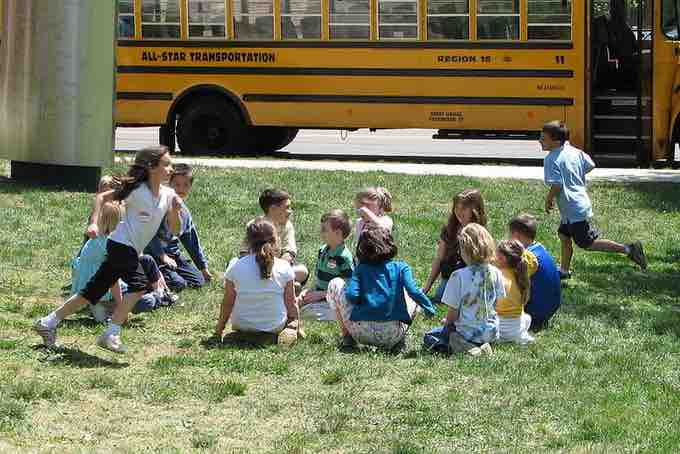Informal social control—the reactions of individuals and groups that bring about conformity to norms and laws—includes peer and community pressure, bystander intervention in a crime, and collective responses such as citizen patrol groups. The social values that are present in individuals are products of informal social control. It is exercised by a society without explicitly stating these rules and is expressed through customs, norms, and mores.
Informal sanctions may include shame, ridicule, sarcasm, criticism, and disapproval. In extreme cases sanctions may include social discrimination and exclusion. An example of a negative sanction is seen in a scene from the Pink Floyd film The Wall, where the young protagonist is ridiculed and verbally abused by a high school teacher for writing poetry in a mathematics class. As with formal controls, informal controls reward or punish acceptable or unacceptable behavior. Informal controls differ from individual to individual, group to group, and society to society. For example, at a women's institute meeting, a disapproving look might convey that it is inappropriate to flirt with the minister. In a criminal gang, a stronger sanction applies in the case of someone threatening to inform to the police.
Socialization
Socialization is a term used by sociologists to refer to the lifelong process of inheriting and disseminating norms, customs, and ideologies, which provide an individual with the skills and habits necessary for participating within his or her own society. Primary socialization occurs when a child learns the attitudes, values, and actions appropriate for individuals as members of a particular culture. Secondary socialization takes place outside the home, where children and adults learn how to act in a way that is appropriate for the situations they are in. Finally, re-socialization refers to the process of discarding former behavior patterns and reflexes, accepting new ones as part of a transition in one's life.

Group Socialization
Informal social control—the reactions of individuals and groups that bring about conformity to norms and laws—includes peer and community pressure, bystander intervention in a crime, and collective responses such as citizen patrol groups.
The family is often the most important agent of socialization because it is the center of the child's life. Agents of socialization can differ in effects. A peer group is a social group whose members have interests, social positions, and age in common. It can also be an important influence on a child, as this is where children can escape supervision and learn to form relationships on their own. The influence of the peer group typically peaks during adolescence. However, peer groups generally only affect short-term interests, unlike the long-term influence exerted by the family.